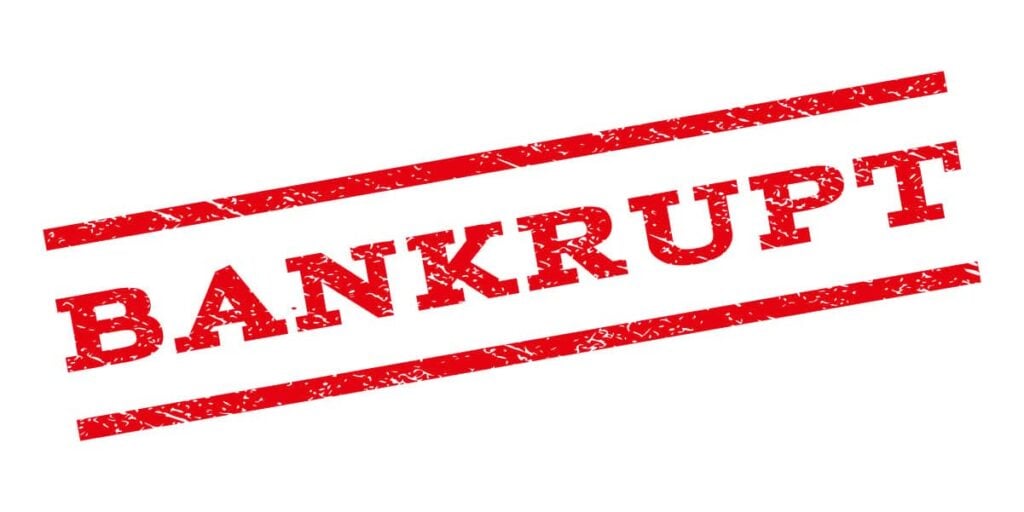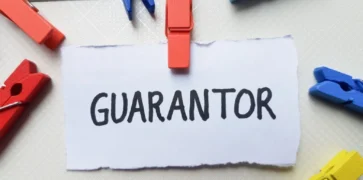
Filing for bankruptcy can feel overwhelming, frightening and confusing. For many people, it’s something they never expected to consider yet it can also be a way to deal with unmanageable debt and begin rebuilding financially.
If you’re thinking about bankruptcy or simply want to understand how it works, this guide explains what happens when you file for bankruptcy, what it means for your money and assets, and what life looks like afterwards.
What bankruptcy means
Bankruptcy is a legal process that applies when you can no longer afford to repay your debts. When you are declared bankrupt, control of your finances is temporarily handed over to an Official Receiver, who manages your case on behalf of the courts.
The purpose of bankruptcy is to:
- Deal fairly with the money you owe to creditors
- Protect you from further legal action
- Give you a chance to make a fresh financial start
Once you are bankrupt, most unsecured debts are written off at the end of the process. However, bankruptcy comes with serious consequences and should usually be considered only after exploring other debt solutions.
Who can be made bankrupt?
In England and Wales, you can be made bankrupt if:
- You apply for bankruptcy yourself
- A creditor applies to make you bankrupt because you owe them money
Bankruptcy is usually considered when:
- You have multiple debts you cannot afford to repay
- Your situation is unlikely to improve in the near future
- Other solutions (such as a debt management plan or IVA) are not suitable
Bankruptcy applies to individuals, not companies. Different rules apply in Scotland and Northern Ireland, where bankruptcy is known as sequestration.
How much does it cost to file for bankruptcy?
There is a one-off fee of £680 to apply for bankruptcy in England and Wales.
This fee includes:
- £130 adjudicator fee
- £550 bankruptcy deposit
You must pay the full amount before submitting your application. If you cannot afford the fee upfront, you may be able to save towards it, but there are no instalment plans offered by the government.

What are the steps to bankruptcy?
The process of filing for bankruptcy usually follows these steps:
- Apply online
You submit an application through the government’s official website. - Provide financial details
You’ll need to list your debts, income, assets and living expenses. - Application review
An adjudicator reviews your application and decides whether to approve it. - Bankruptcy order is made
If approved, you are officially declared bankrupt. - Official Receiver appointment
The Official Receiver contacts you to manage your case and may ask further questions. - Financial restrictions begin
You must follow specific rules while bankrupt, including limits on borrowing.
Throughout this time, you are expected to cooperate fully with the Official Receiver.
What will I lose if I file for bankruptcy?
One of the biggest concerns people have is what they might lose if they go bankrupt.
You may lose:
- Your home, if you own one and have equity
- Savings or investments
- Valuable possessions, such as high-value vehicles or assets
- Control over your finances for the duration of bankruptcy
You can usually keep:
- Everyday household items
- Clothing and basic personal belongings
- Tools or equipment needed for work (within reason)
- A low-value car, if it is essential
Your bank accounts may be frozen, and you will usually need to open a basic account with no overdraft or credit facilities to manage your money during bankruptcy. Alternatively you can open a Suits Me account, with no credit checks and a choice of three account types.
Is bankruptcy the right option?
Bankruptcy can offer relief from overwhelming debt, but it is not the only option. Other solutions — such as debt management plans, IVAs or breathing space schemes — may be more suitable depending on your circumstances.
Speaking to a free, independent debt adviser can help you understand all available options before making a decision. Suits Me also help those needing an account to manage their money for when they are thinking about or filed for Bankruptcy.




